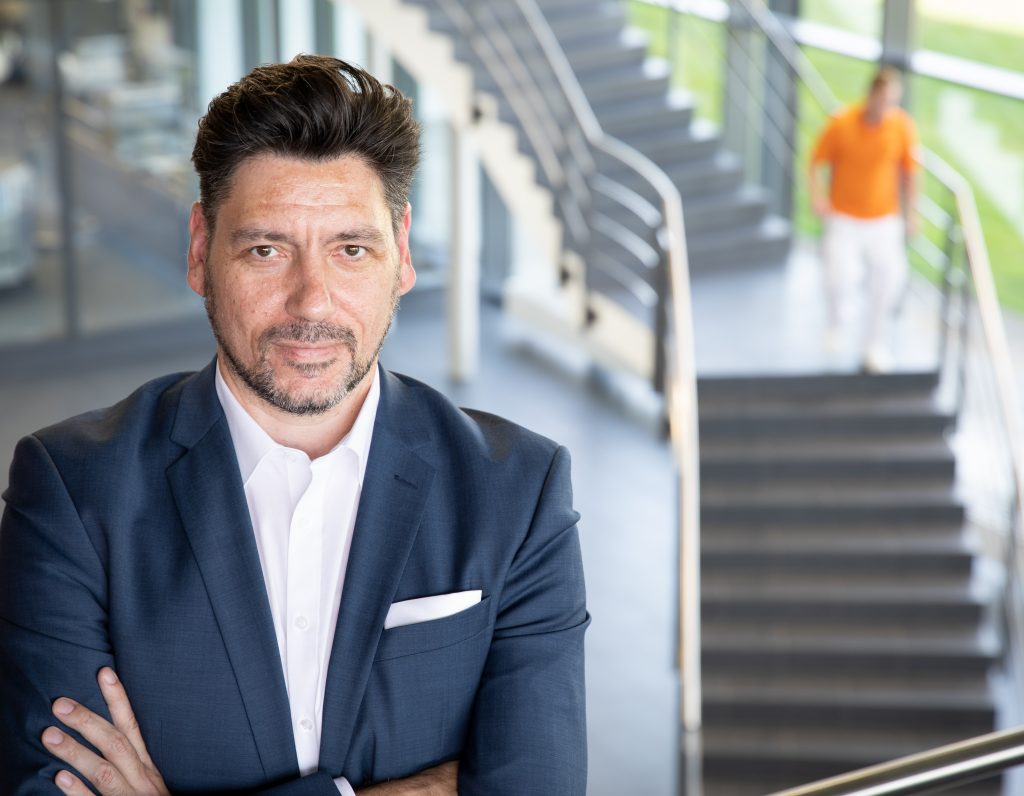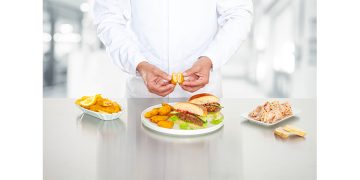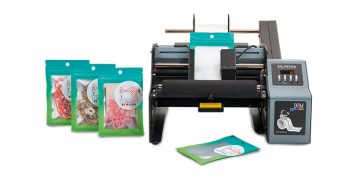The scope for sustainable action is immense. In the firmly established set of values of the family-owned company Handtmann based in Biberach, sustainability is spelled with a capital “S” and all its activities are guided by this principle. The Filling and Portioning Systems (F&P) division, for example, is a long-standing member of Blue Competence, a sustainability initiative of the German Engineering Association VDMA, and is thus firmly committed to compliance with the sustainability principles of the mechanical and plant engineering industry in Europe. Consequently, the system platform of Handtmann’s core product has been designed and certified in accordance with the latest energy efficiency criteria of the TÜV-SÜD EME standard for energy and media efficiency in businesses. At the same time, the company has been committed to developing alternatives in food processing and resource-conserving product concepts for over two decades. This includes hybrid, vegan and vegetarian products just as well as a variety of product alternatives in the food sectors meat, dairy, baked goods and confectionery, fish and pet food. Handtmann exhibits these pioneering machine solutions and food concepts at numerous events and trade fairs.

Upcycling of trade fair banners
Handtmann’s trade fair concepts also focus on aspects of sustainability, from reusing the stand elements to upcycling the trade fair banners. The graphic elements for the trade fair are printed on high-quality, non-flammable but heavy-duty material. As topics and stand dimensions vary from fair to fair, the graphic elements cannot be reused for stand construction and the countless square metres of fabric are thus given a second life in the form of an alternative and sustainable solution. The Handtmann “FROM SHOW TO SHOPPER” project converts the trade fair banners into shopping bags in an upcycling process developed by RECICLAGE, a company specialising in this field. The manufactory produces its hand-made products at its headquarters in Alzenau. “Our mission is to create unique one-of-a-kind items from recycled materials and to thus ensure a responsible use of resources,” explains Julian Dürr from RECICLAGE, and adds: “And we give people from refugee backgrounds the opportunity to learn new skilled trades and pursue professions. And by employing people with disabilities to sew the upcycled unique items, we also support them in their efforts to participate in life and society on an equal footing.”
Improving the carbon footprint in the trade fair business
Upcycling is not the universal solution for a sustainable corporate culture. Upcycling is one of many building blocks for companies to take a more ecological stance. Handtmann has taken this step with the objective of further improving the carbon footprint of its trade fair and advertising activities. Harald Suchanka, CEO at Handtmann F&P, is convinced that “Every Handtmann shopper has its very own and personal story to tell. Every time we pass a shopper on to our employees, we also give them a tiny token of self-identification with their own company on top.”




















